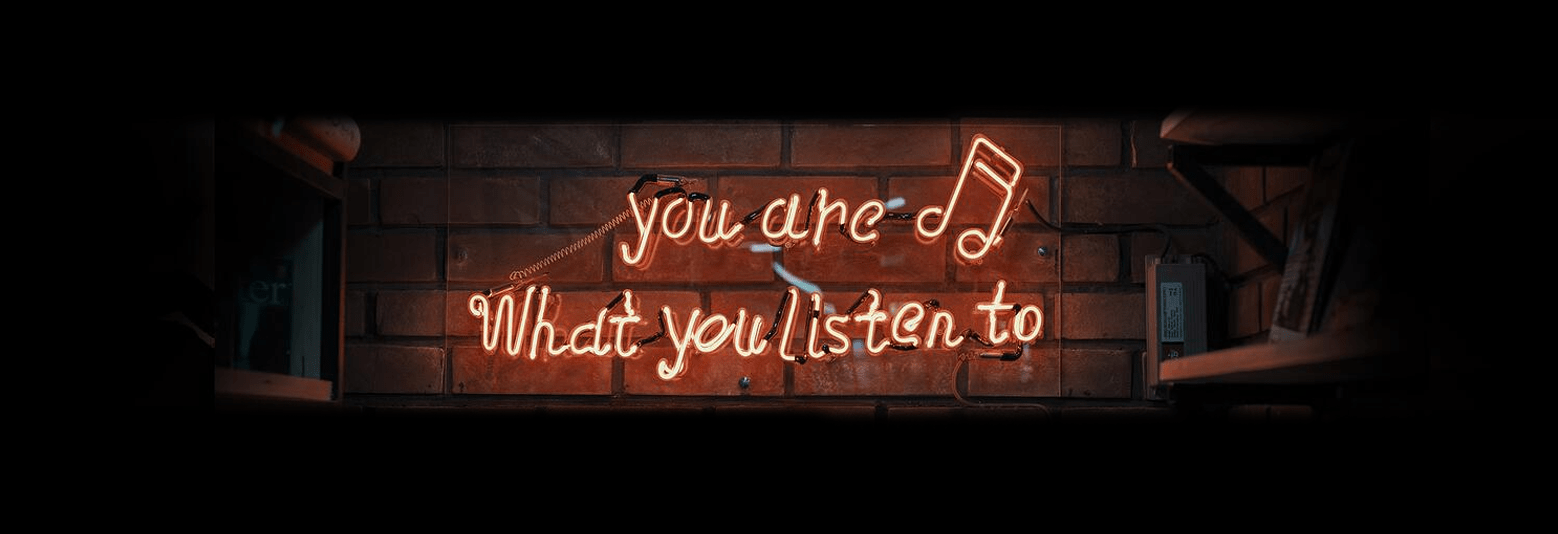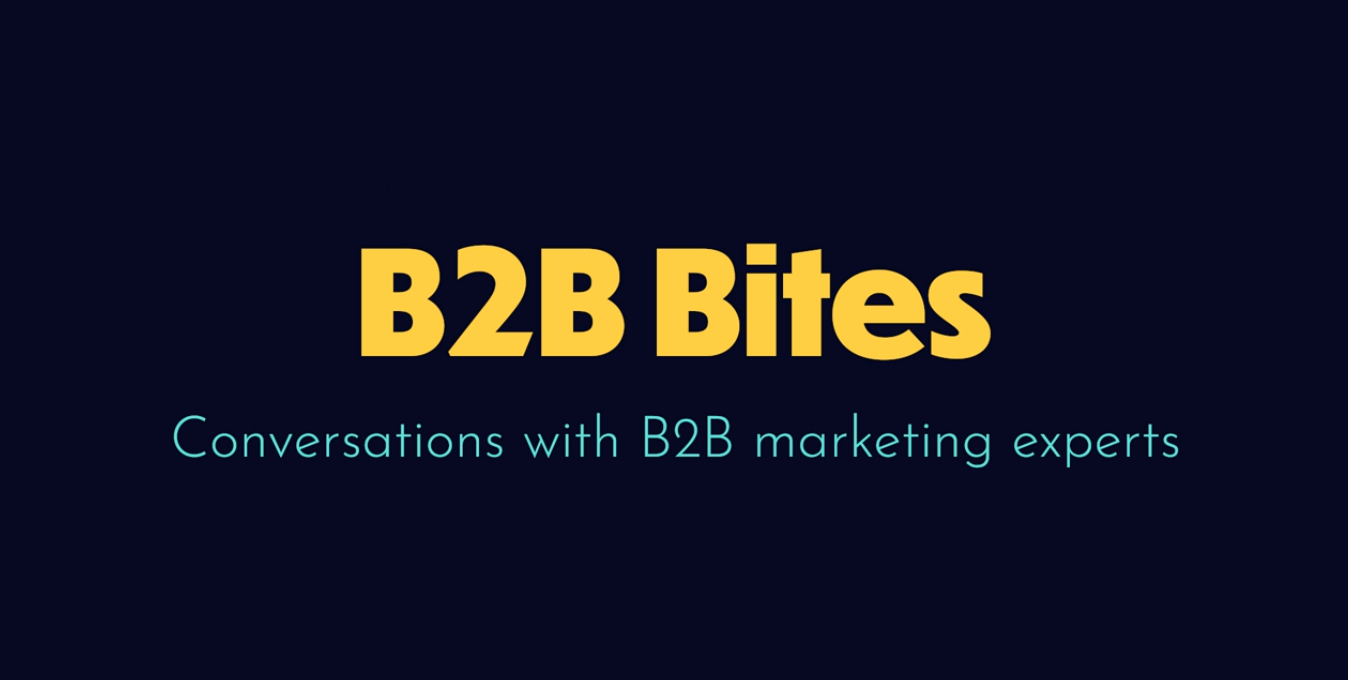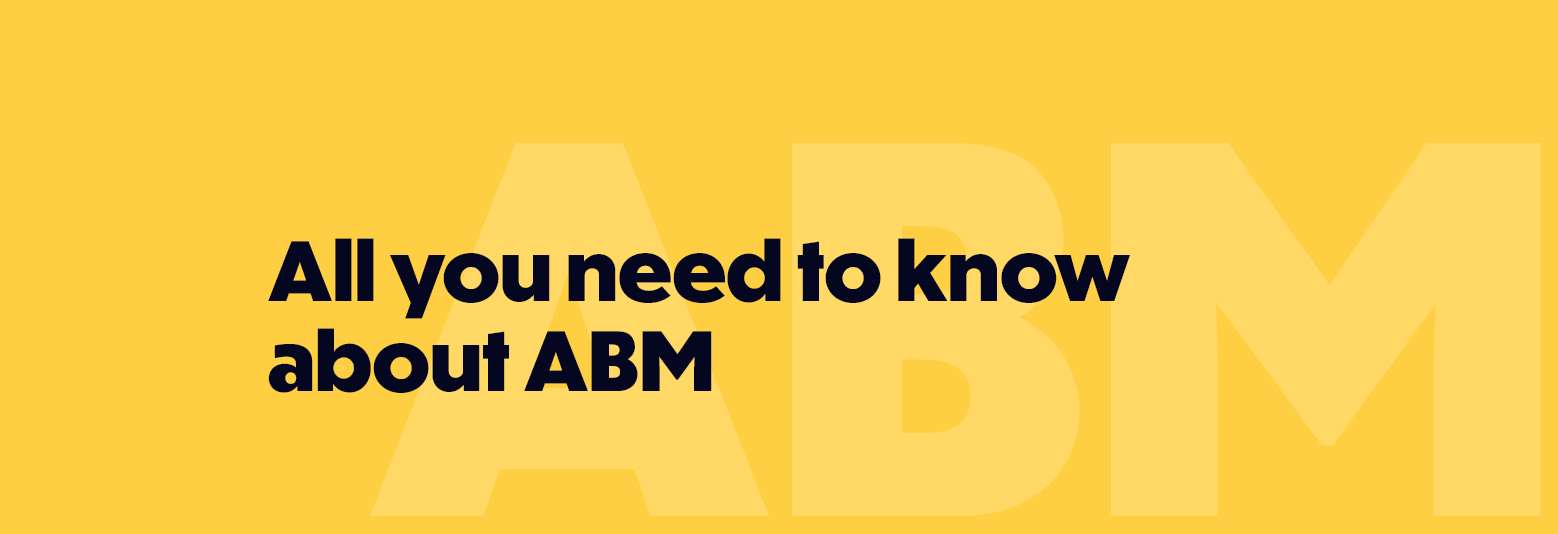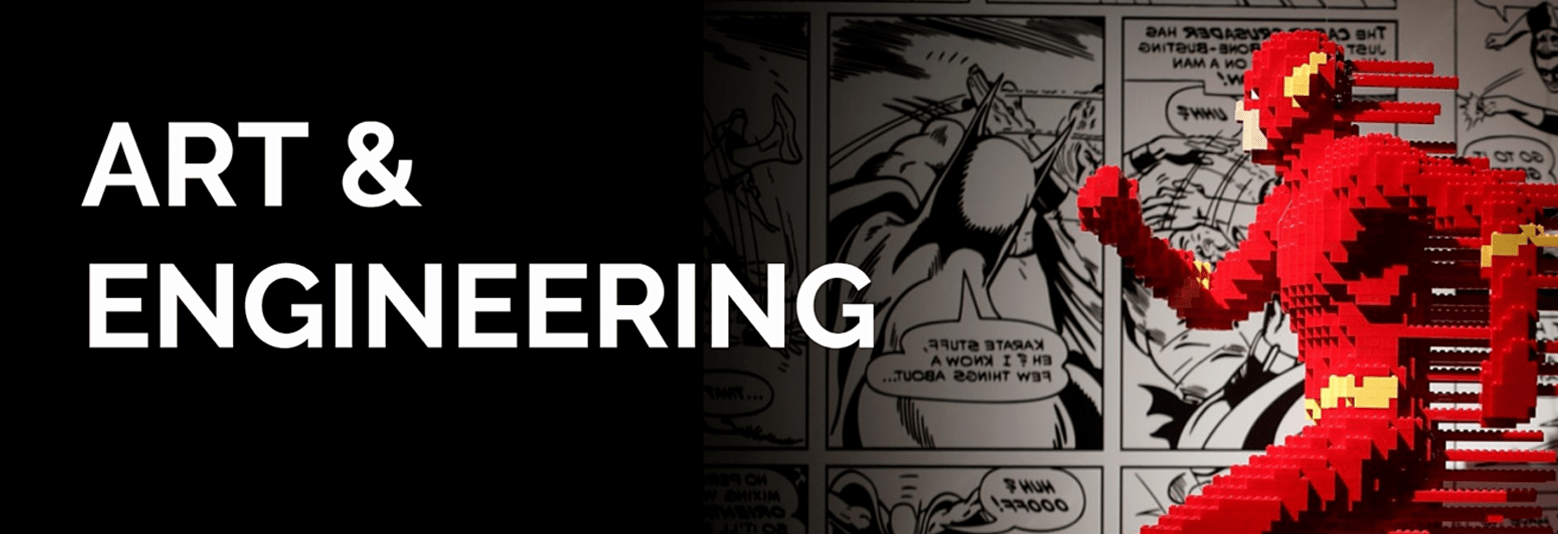Not everyone is a great interviewer. It takes time to learn the skills that will help you make a killer B2B podcast. Assuming you’re going to be the next Jeremy Paxman the minute you hit record might be a bit presumptuous and premature but that shouldn’t stop you from giving it a go. Here are Squaredot's 7 tips to creating B2B podcasts that will get you noticed (and heard.)
Prepare
Preparation is key to a great interview. You don’t have to have an encyclopedic knowledge of your interviewee or their subject matter - but a Wikipedia-esque overview will do. If you’re interviewing an entrepreneur for your B2B podcast, for example, you’ll want to know the year they set up, what their main successes have been and other notable events. You’ll use the interview to colour in the detail.
Check your equipment
I remember leasing out a Marantz recorder from my J-school equipment room and hopping on the Subway downtown to meet with one of my very first interviewees. I was so buoyant and optimistic. Later that evening I discovered with horror something that no-one preparing their first podcast wants to hear… 15 minutes of static audio. Always check your equipment before you sit down with your interviewee - make sure you’re recording!
Just get talking
The easiest way to start any interview - not just a podcast - is to just get talking. Ask the interviewee a basic question that you know they can answer without too much thought. Even if you cut this from your interview at the editing stage, it’s a good warm up exercise and will also build rapport with people that you’re meeting for the first time.
Ask good questions
The best interviews typically are 'ad-libbed' for the most part - sticking to a rigid structure of questions doesn’t allow for much spontaneity. However, it is a good idea to have some questions on standby for any number of reasons: your interviewee might get stage fright; a fog might inexplicably descend on your brain; you need to (politely) rein the interviewee back in when they veer off topic. For these reasons, it’s always good to have some pre-prepared questions up your sleeve.
Let the interviewee lead the way (your job is to manage the flow)
For the most part, if you’re doing an interview, listeners will be more interested in what your interviewee is saying than your opinion on a niche topic. As an interviewer, your job is to ask the right questions and control the interview so that you get the best answers. Of course, this depends on the style and type of podcast you’re producing, but for Q&A-type pieces, it’s best for the interviewer to stay on the periphery.
Try not to say 'Um', 'Mm-hm', 'Ah' too often
I never realised just how often I say ‘Um’ until I had the unfortunate task of editing at least two dozen of them out of one audio stream in particular. Keep monosyllables to a minimum.
Take notes
OK, so you’re recording (hopefully) but don’t pack the notepad and pen away just yet. It will be useful to note down where on the timeline your interviewee says something particularly important that you will want to find quickly later.









